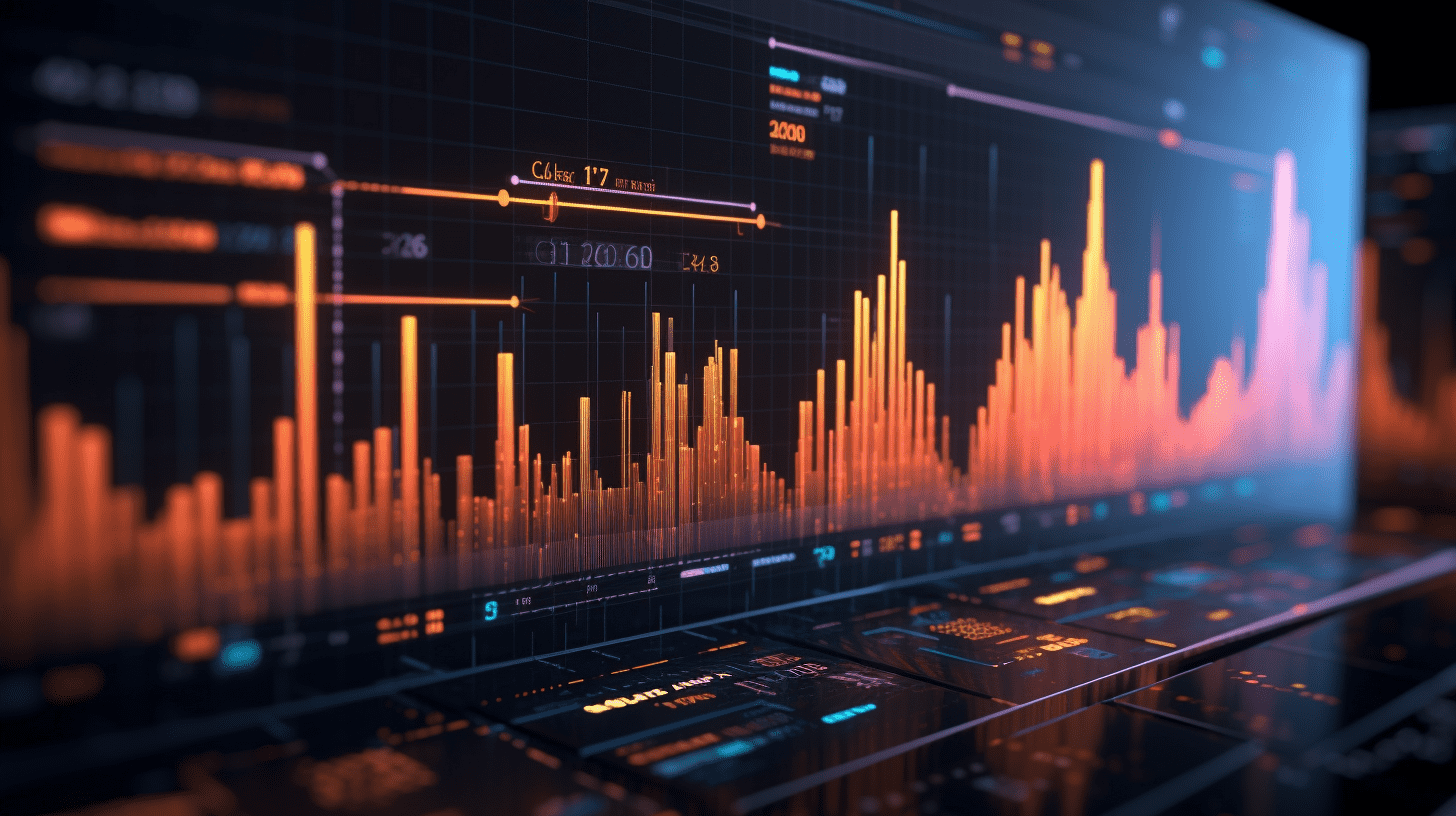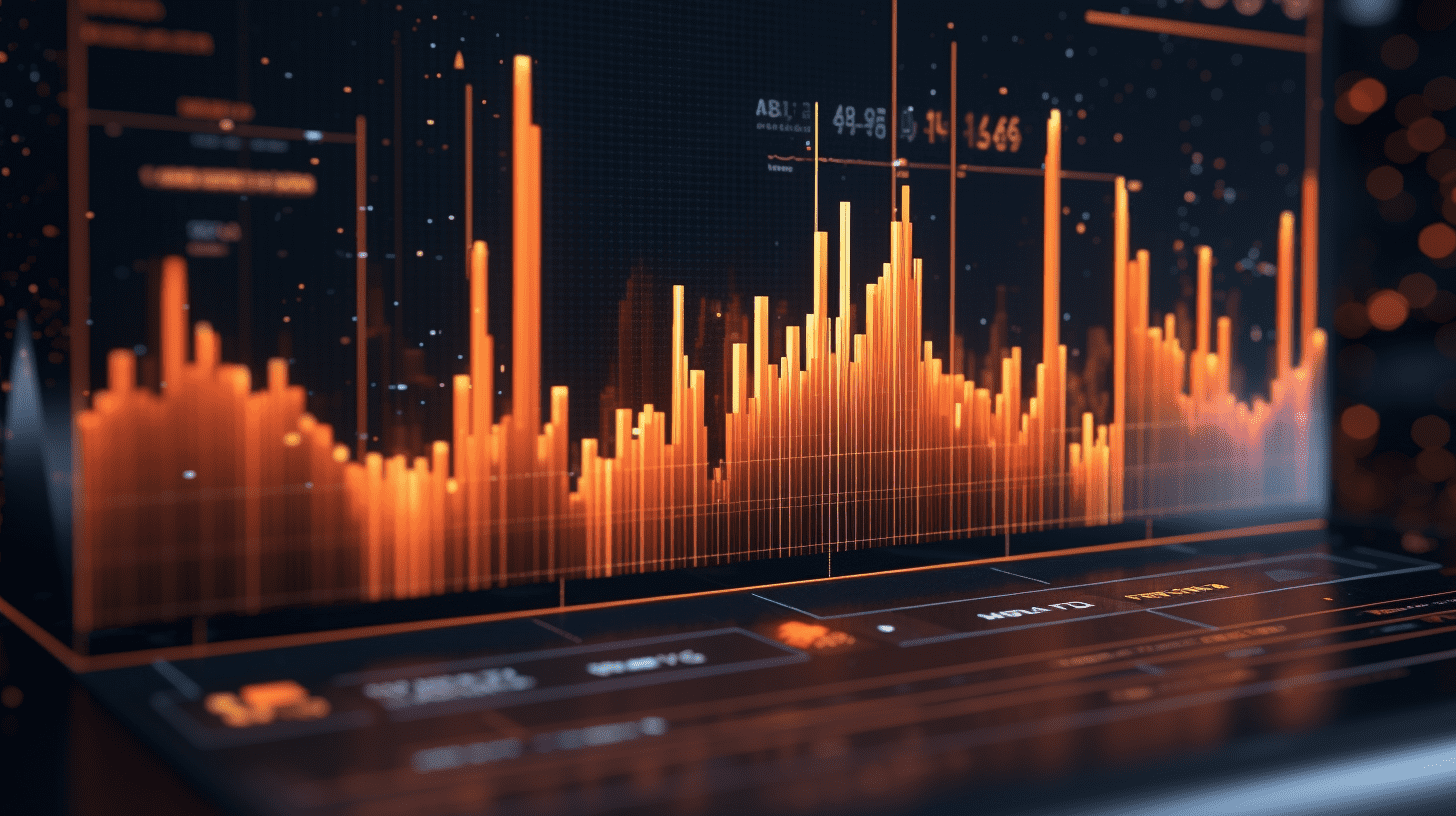Pony.ai (PONY.US): Robotaxi revenue increases by 200%, breakthrough in mass production of L4 level autonomous driving emerges
Xiaoma Zhihang achieved a revenue of 102 million yuan in the first quarter of 2025, a year-on-year increase of 12%. Among them, the Robotaxi business achieved a revenue of 12.3 million yuan, a significant increase of 200% year-on-year.
In the intense competition on the autonomous driving track, Pony.ai (PONY.US) leverages its core business Robotaxi as a pivot, steadily pushing open the door to commercialization on a large scale. On May 20th, Pony.ai released its financial report for the first quarter of 2025, clearly demonstrating its development trend.
The financial report shows that the company's total revenue in the first quarter reached 102 million yuan, a year-on-year increase of 12%. Among them, the Robotaxi business, as the core growth engine, achieved revenue of 12.3 million yuan, a significant increase of 200% year-on-year, becoming a key factor in revenue growth for the first quarter. Revenue from the Robotaxi business mainly comes from passenger fare revenue and revenue from technical solution projects, with passenger fare revenue increasing by 800% in just the first quarter.
The explosive growth of the Robotaxi business is due to the deep expansion of commercial scenarios. Pony.ai's Robotaxi commercial operation has already covered Beijing, Shanghai, Guangzhou, Shenzhen, and other places, with a total area of over 2,000 square kilometers, nearly 20 times the size of the city of San Francisco in the United States, covering key transportation hubs such as downtown areas, airports, and high-speed rail stations. At the same time, the implementation of targeted operation strategies for different user groups has yielded significant results, with a more than 20% increase in registered users in the first quarter. Behind the large-scale commercialization of the Robotaxi business is the cost structure reshaping and the leapfrog in safety capabilities brought about by technological iteration. Pony.ai laid the hardware and algorithmic foundation for commercial expansion through the technological breakthroughs of the seventh generation Robotaxi. In the first quarter of 2025, adjusted R&D expenses for Pony.ai were 295 million yuan (40.58 million USD), an increase of 38% year-on-year. CFO Wang Haojun stated, "2025 is a crucial period for the scale expansion of Robotaxi. Pony.ai will continue to increase investment in core business areas while also working to enhance the efficiency of capital utilization to drive future growth and build a long-term sustainable profitability model. In our view, based on high-intensity R&D investment, Pony.ai is gradually establishing a technological moat and transforming it into a powerful technological advantage.
At the level of cost reduction through technology, the seventh generation Robotaxi and its accompanying L4-level autonomous driving system solution are highly innovative. The new generation of autonomous driving systems is 100% composed of vehicle-grade components, fundamentally ensuring the reliability and durability of the system, with a design life of 10 years/600,000 kilometers. Thanks to a platform-based design approach, hardware kit costs have been reduced by 70% compared to the previous generation, vehicle computing unit costs have been reduced by 80%, and LiDAR costs have been reduced by 68%. Through highly integrated sensor solutions, including 9 LiDARs, 14 cameras, and various redundant sensors, paired with self-developed domain controllers, vehicles can achieve 360 blind spot-free detection of objects and environments within a range of 650 meters, even in extreme weather conditions such as rain, snow, and fog.
The birth of the world's first L4-level full-scene autonomous driving domain controller based on vehicle-grade chips is a powerful testament to its strength. Based on the PonyWorld world model, the system has greatly improved in perception and decision-making capabilities and is able to make precise judgments on complex road conditions. The hardware reliability of the vehicle-grade domain controller builds a solid foundation for stable system operation, covering more than 20 redundant fault-tolerance systems, similar to adding multiple insurance policies to the vehicle. Currently, Pony.ai's L4 vehicle fleet has accumulated 500,000 hours of completely driverless operation records, with safety levels 10 times higher than human driving.
Breakthroughs in cost reduction through technology have directly accelerated the progress of mass production. Pony.ai co-founder and CEO Peng Jun stated, "2025 is the year of mass production for Pony.ai's Robotaxi. With the cost reduction of the seventh generation Robotaxi autonomous driving system and the acceleration of production pace, it is expected that by the end of 2025, the scale of the Robotaxi fleet will expand to thousands of vehicles."
A fleet of thousands of vehicles by the end of 2025 will rapidly expand the service coverage area, with the effects of scale further becoming apparent. To achieve this goal, Pony.ai is working closely with Toyota, BAIC, and GAC to reduce marginal costs through pre-installed mass production models, accelerate the mass deployment of Robotaxi fleets, drive the commercial penetration of fully driverless travel services in various scenarios such as city commuting and high-speed scenes, and build a cost-optimized full-chain system covering "R&D-production-operation." In August 2023, Pony.ai, Toyota China, and GAC Toyota announced an investment of 1 billion yuan to establish a joint venture, Zhi Feng Intelligent Technology, focusing on producing the first seventh-generation Robotaxi model based on the Toyota Platinum 4X. The first batch of Toyota Platinum 4X Robotaxi from Pony.ai has now commenced road tests, marking the first mass-produced and service-landing vehicle model of the joint venture company. In the second half of 2024, with Pony.ai's announcements of mass production cooperation with BN
*Please note that this translation may not be 100% accurate.With a solid foundation, Xiaoma Zhi Xing will quickly open up the international market. Previously, Xiaoma Zhi Xing has partnered with WeChat Travel Services, CHENQI TECH, Alipay, Gaode Taxi, Singapore ComfortDelGro Corporation, and Luxembourg travel company Emile Weber to establish a diversified business cooperation ecosystem.Looking to the future, with the mass production of the seventh generation Robotaxi and the achievement of a fleet scale of thousands of vehicles, Pony.ai is expected to further reduce costs and improve service quality, consolidating its leading position in the field of autonomous driving. Just as Tesla, Inc. reshapes the cost curve of electric vehicles through mass production, Pony.ai is using "vehicle-grade mass production + full-scenario data loop" to rewrite the commercial rules of autonomous driving, driving the entire industry towards a new development stage and bringing more possibilities for revolutionary changes to future urban travel.
Related Articles

On May 23, ZERO2IPO (01945) spent HKD 4524 to repurchase 3200 shares.

KERRY PPT (00683): Li Rui and Tang Shaoming appointed as members of the nomination committee.

On May 22, STANCHART (02888) spent 8.9014 million pounds to repurchase 768,000 shares.
On May 23, ZERO2IPO (01945) spent HKD 4524 to repurchase 3200 shares.

KERRY PPT (00683): Li Rui and Tang Shaoming appointed as members of the nomination committee.

On May 22, STANCHART (02888) spent 8.9014 million pounds to repurchase 768,000 shares.

RECOMMEND

Xiaomi Unveils 3nm Chip and YU7 SUV at 15th Anniversary Event
23/05/2025

BYD Surpasses Tesla in European EV Sales for the First Time in April with 169% Surge; Tesla Sees 45% Q1 Decline, Musk Reaffirms CEO Role for Five More Years
23/05/2025

U.S. FTC Officially Withdraws Case Against Microsoft’s $69 Billion Acquisition of Activision Blizzard
23/05/2025


